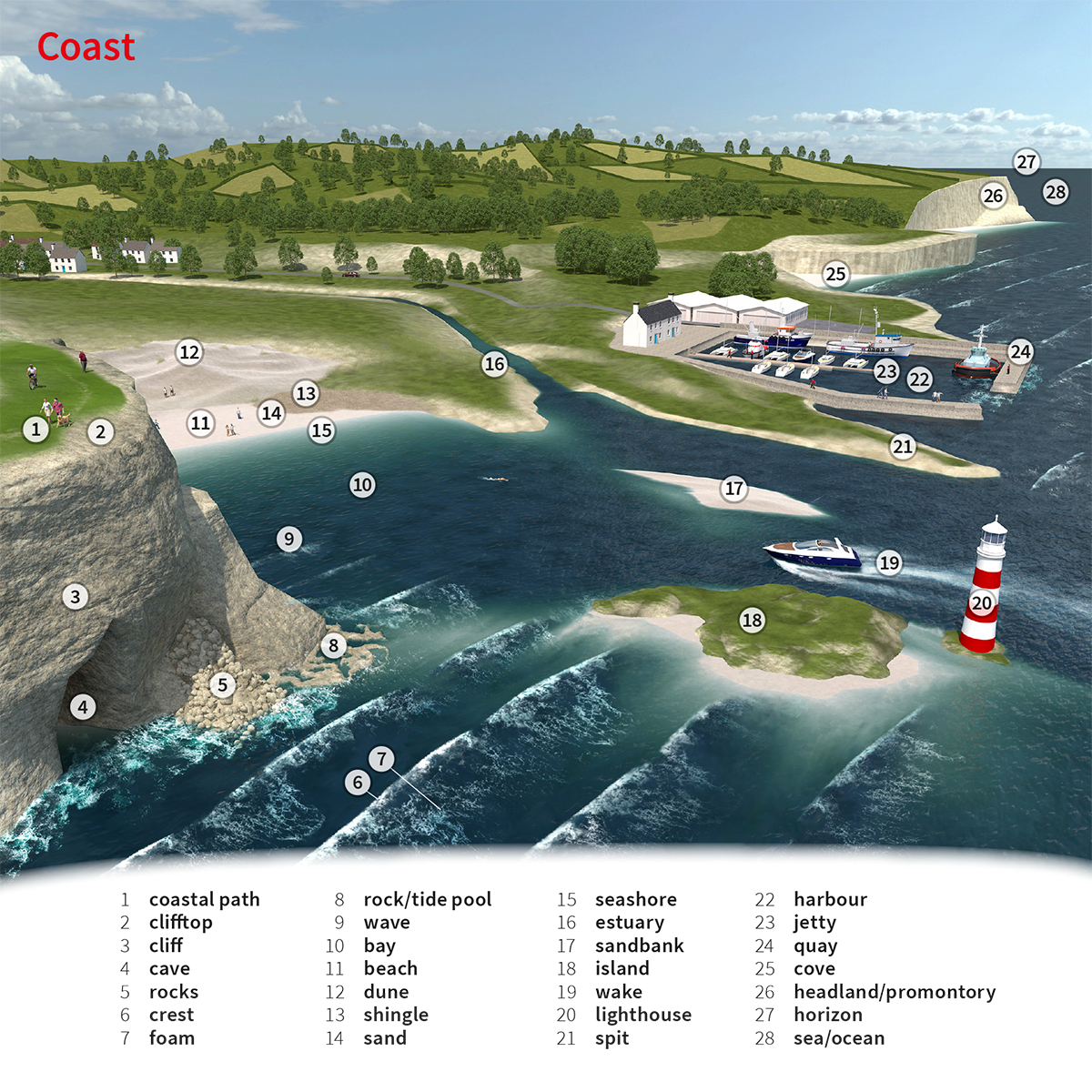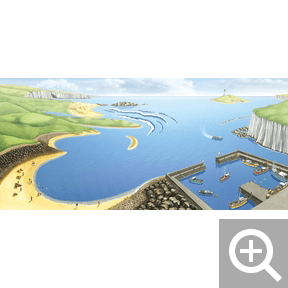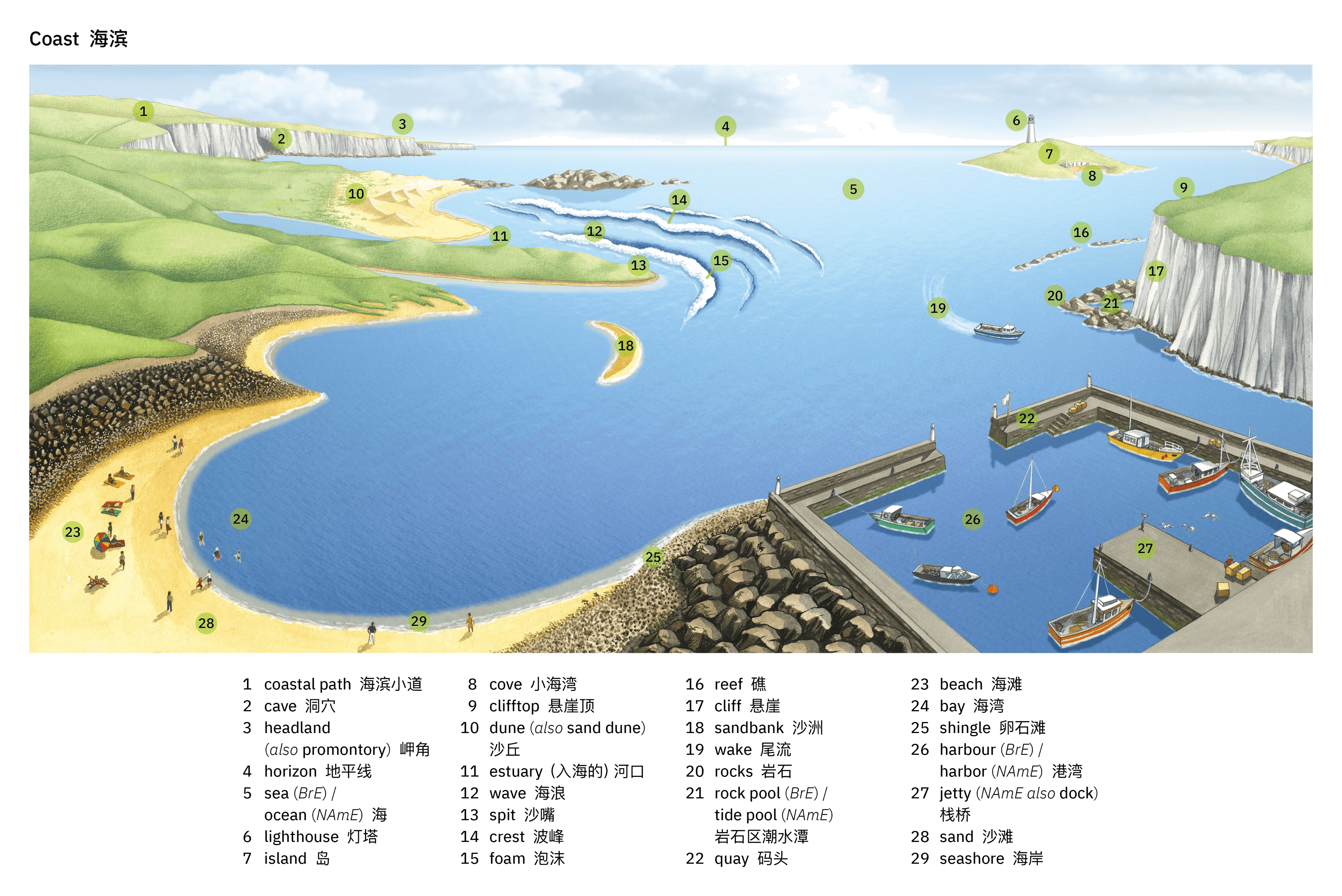wake
verbVerb Forms
Idioms Phrasal Verbs| present simple I / you / we / they wake | |
| he / she / it wakes | |
| past simple woke | |
| past participle woken | |
| -ing form waking |
- [intransitive, transitive]
to stop sleeping; to make somebody stop sleeping 醒;醒来;唤醒;弄醒 I always wake early in the summer. 我夏天总是醒得早。 Tom woke with a start and lifted his head. 汤姆被惊醒,抬起头。 - wake up
What time do you usually wake up in the morning? 通常你早晨几点钟醒? I woke up an hour earlier than I wanted to. 我比我想的早一个小时醒来。 - wake to something (formal)
They woke to a clear blue sky. 他们醒来时天空碧蓝。 I woke to the sound of heavy rain outside. 我被外面大雨的声音吵醒了。 - wake from something (formal)
She had just woken from a deep sleep. 她刚从熟睡中醒来。 - wake up to do something
He woke up to find himself alone in the house. 他醒来时发现屋里只有他一个人。 - wake to do something
The woman woke to see the defendant in her bedroom. 该女子醒来时发现被告在她的卧室里。 - wake somebody
I was woken by the sound of someone moving around. 有人来回走动的响声把我吵醒了。 - wake somebody up
Try not to wake the baby up. 尽量别把孩子弄醒。
Which Word? awake / awaken / wake up / wakenawake / awaken / wake up / waken- Wake (up) is the most common of these verbs. It can mean somebody has finished sleeping:
上述动词中 wake (up) 最常用,可表示睡醒: What time do you usually wake up? 你通常什么时候醒来?
亦指弄醒、唤醒: 孩子们把我吵醒了。 我被电话吵醒了。 - The verb awake is usually only used in writing and in the past tense awoke:
动词 awake 通常只用于书面语,而且用过去时 awoke: She awoke to a day of brilliant sunshine. 她醒来时是阳光灿烂的一天。 王子用一个吻唤醒了睡美人。 - Awake is also an adjective:
see also asleep, sleepawake 亦作形容词: I was awake half the night worrying. 我忧心忡忡,半宿不能成眠。 宝宝醒来了吗? Extra Examples- Any minute now she'd wake up to find herself at home safe in bed.
现在,她随时都会醒来,发现自己在家里,安全地躺在床上。 Be careful not to wake the children! 注意别吵醒孩子们! She had just woken up from a deep sleep. 她刚从沉睡中醒来。 She had woken even earlier than usual. 她比平时醒得还早。
Oxford Collocations Dictionaryadverb- gently
- be careful not to
- not want to
- try not to
- …
- [transitive] wake something (literary or formal)
to make somebody remember something or feel something again 唤起(记忆);使再次感觉到
Word Originverb Old English (recorded only in the past tense wōc), also partly from the weak verb wacian ‘remain awake, hold a vigil’, of Germanic origin; related to Dutch waken and German wachen; compare with watch.
Idioms
wake up and smell the coffee
- (informal)
used to tell somebody to become aware of what is really happening in a situation, especially when this is something unpleasant 要清醒面对现实



